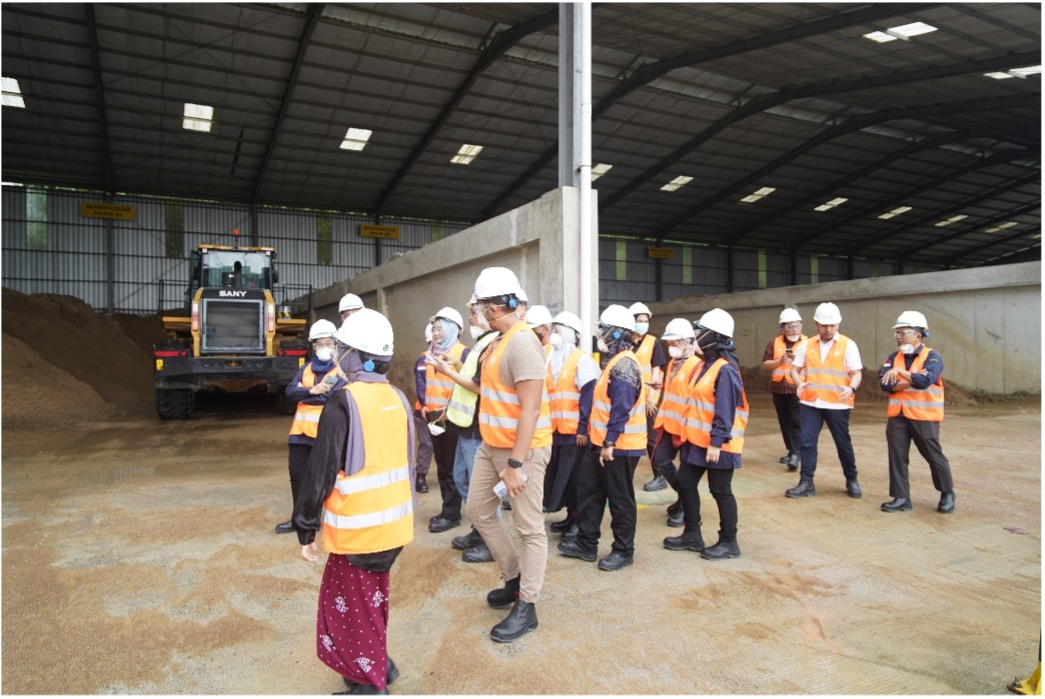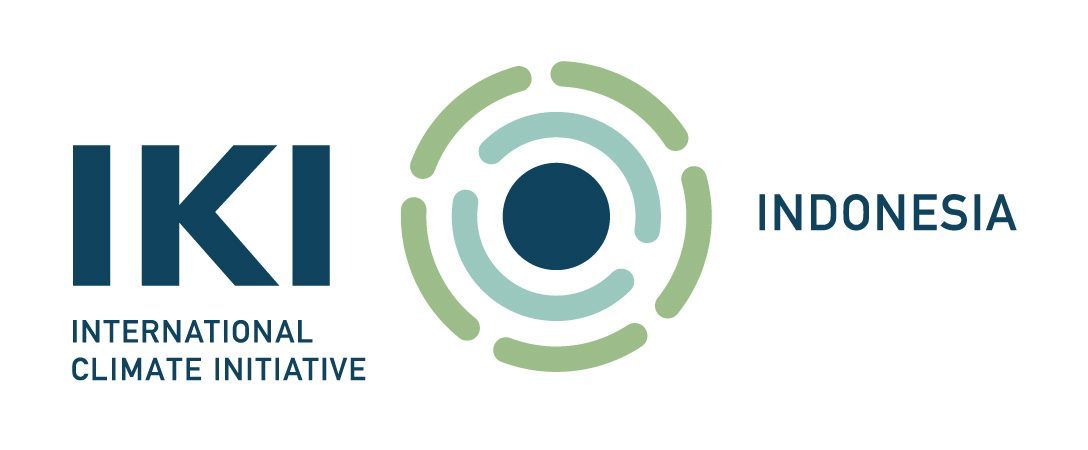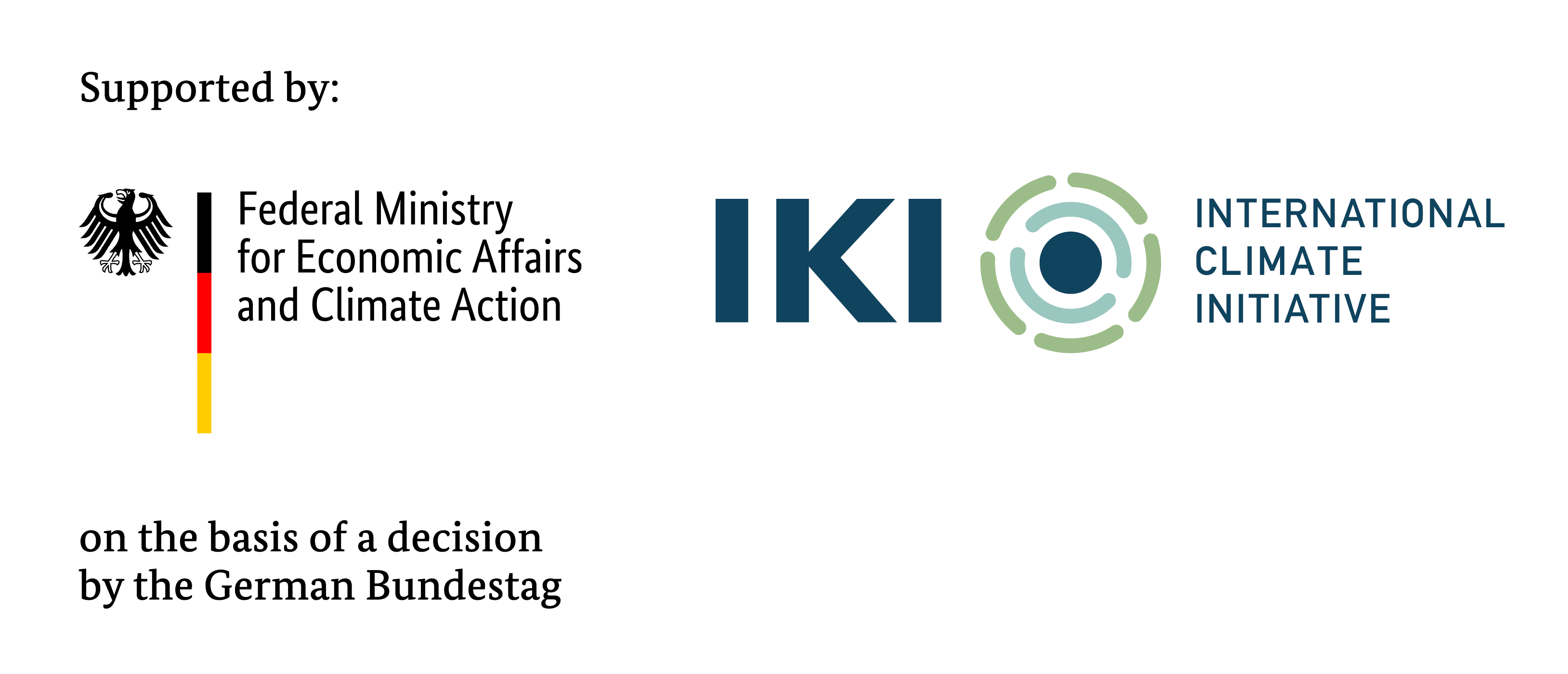SETI
The desired outcome of SETI is to establish an effective institutional, regulatory, and financial ecosystem that demonstrates the Indonesian embarkment towards a sustainable energy transition. The project will promote pilots, demonstration, and innovation in industry and local government level (e.g. cities) and its replicability to benefit all energy users.
Project Overview
01.08.2023 - 31.07.2028
Indonesia
The project will implement pilots in several provinces of Indonesia. Selection of pilot sites will be done in 2024/2025.

Deutsche Gesellschaft für Internationale Zusammenarbeit (GIZ) GmbH - Indonesia
Institute for Essential Services Reform (IESR), World Resources Institute Foundation (WRI), CERAH, Institute for Economic and Social Research, University of Indonesia (LPEM UI), Fraunhofer Institute for Systems and Innovation Research ISI
Political Partners
Ministry of Energy and Mineral Resources
⦁ Directorate General of New Renewable Energy and Energy Conservation (DG NREEC)
⦁ Directorate ANEKA EBT and Directorate Energy Conservation
⦁ Directorate General of New Renewable Energy and Energy Conservation (DG EBTKE)
⦁ Director of ANEKA EBT and Director of Energy Conservation
Policy Priorities
Policy assistance seeks to address the development of the regulatory body to increase sustainable energy use in industry and buildings. SETI examines the technical and regulatory gaps, particularly related with renewable energy (RE) and energy efficiency (EE) development. This will include intra-ministerial coordination and capacity development for government employees to strengthen their in-house capacities and increase performance.
⦁ Main Policy topics: National Energy Policy, Energy Management, PV Rooftop, Captive Power, Minimum Energy Performance Standard (MEPS) and labelling, Carbon Economic Value, Building standards, Green Industry.
Relevant Links: https://www.international-climate-initiative.com/PROJECT1849-1


